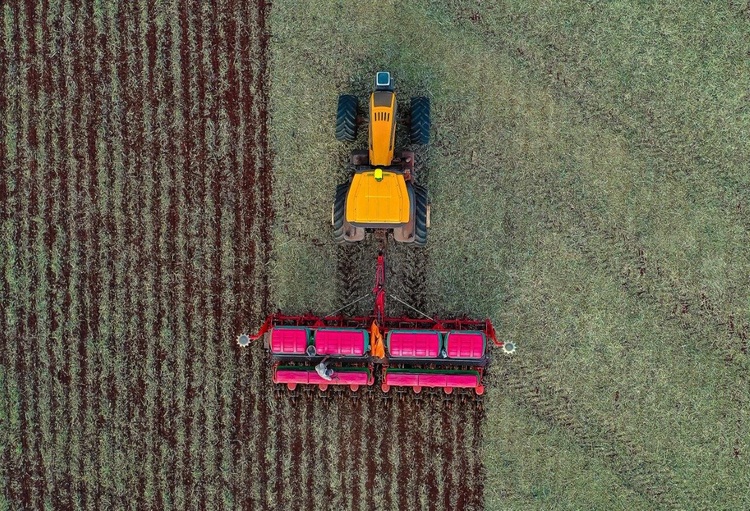“The lack of food in Africa regards us all,” Tajani said via Twitter.
“We are very worried that Russia ended the agreement on grain.
“We are already at work for alternative solutions.
“The issue will be addressed at the food security summit that we have organised with the United Nations in Rome on July 24.”
United Nations Secretary-General Antonio Guterres said on Monday that “millions of people will pay the price” of Russia’s withdrawal from the agreement.
Earlier on Monday, a blast knocked out Russia’s bridge to Crimea in what Moscow called a strike by Ukrainian sea drones, killing two people.
Moscow said it was a terrorist attack on the road bridge, a major artery for Russian troops fighting in Ukraine.
The Kremlin said there was no link between the attack and its decision to suspend the grain deal, over what it called a failure to meet its demands to implement a parallel agreement easing rules for its own food and fertiliser exports.
“Unfortunately, the part of these Black Sea agreements concerning Russia has not been implemented so far, so its effect is terminated,” Kremlin spokesman Dmitry Peskov told reporters.
Guterres signalled that Russia’s withdrawal meant the related pact to assist Russia’s grain and fertiliser exports was also terminated.
“Today’s decision by the Russian Federation will strike a blow to people in need everywhere,” he told reporters.
Moscow said it would consider rejoining the grain deal if it saw “concrete results” on its demands, but its guarantees for the safety of navigation would meanwhile be revoked.
Italy has suffered droughts and extreme weather events over the last three years and as a consequence, the country’s cereal harvest could be down by as much as 60 per cent this year, according to the Copa and Cogeca European agriculture groups.
“In the space of two months, forecasts for harvests which were initially positive have been turned on their head by poor weather conditions across Europe,” a statement said.
“For cereals the situation is extremely worrying with an expected production of 256 million tonnes, possibly the worst harvest since 2007 and 10 per cent below the last five-year average.
Droughts have hit again across all the EU in May and June, with no precipitations at all in some regions, the agricultural groups said.
“We are now expecting a serious reduction of the production, especially for cereals, not only in Spain, Portugal, or Italy (up to -60 per cent compared to 2022), but all over the EU (eg, Romania -20 per cent, Finland -30 per cent, Poland -14 per cent, Lithuania -35 per cent compared to the May forecast).”
In Washington, the White House said Russia’s suspension of the pact “will worsen food security and harm millions” and US Secretary of State Antony Blinken called it ‘unconscionable’.
Ukraine and Russia are some of the world’s biggest exporters of grain and other foodstuffs and any interruption could drive up food prices across the globe.
Shashwat Saraf, the emergency director in East Africa for the International Rescue Committee (IRC), said the impact would be profound in Somalia, Ethiopia and Kenya, which have been facing the Horn of Africa’s worst drought in decades.
Ukraine’s President Volodymyr Zelenskiy raised the prospect of resuming grain exports without Russia’s participation, suggesting Kyiv would seek Turkey’s support to effectively negate the Russian de facto blockade imposed last year.
“Ukraine, the UN and Turkey together can ensure the operation of a food corridor and vessel inspections, Zelenskiy said in his nightly video message, saying said the world “has the opportunity to show that blackmail is not allowed ... We must all ensure security, protection from Russian madness.”
ANSA











